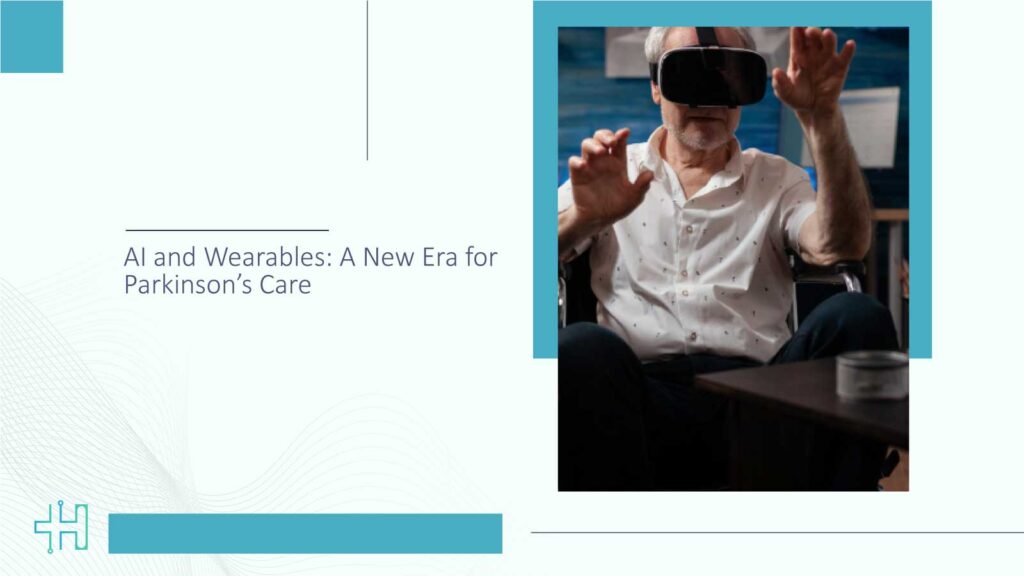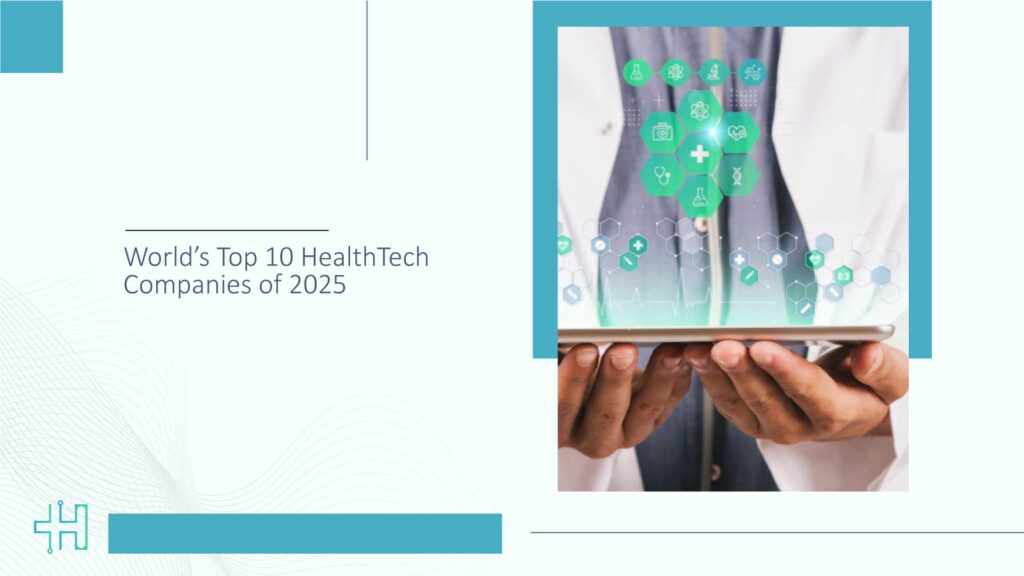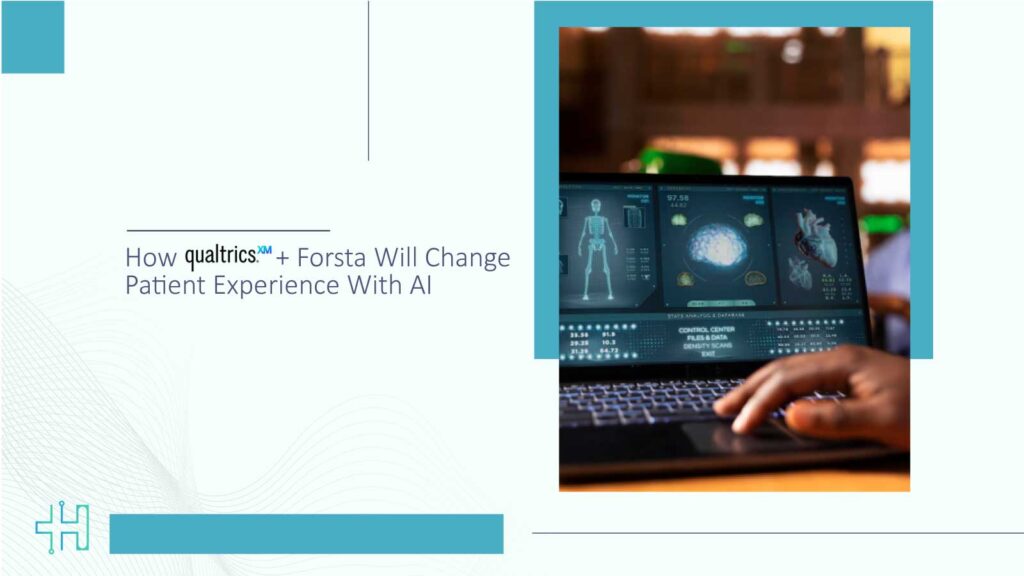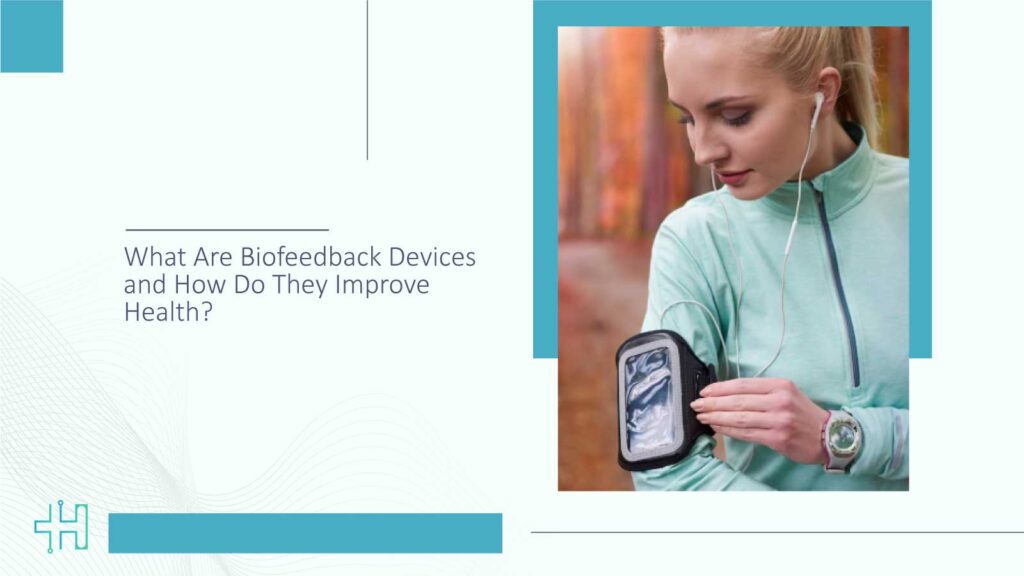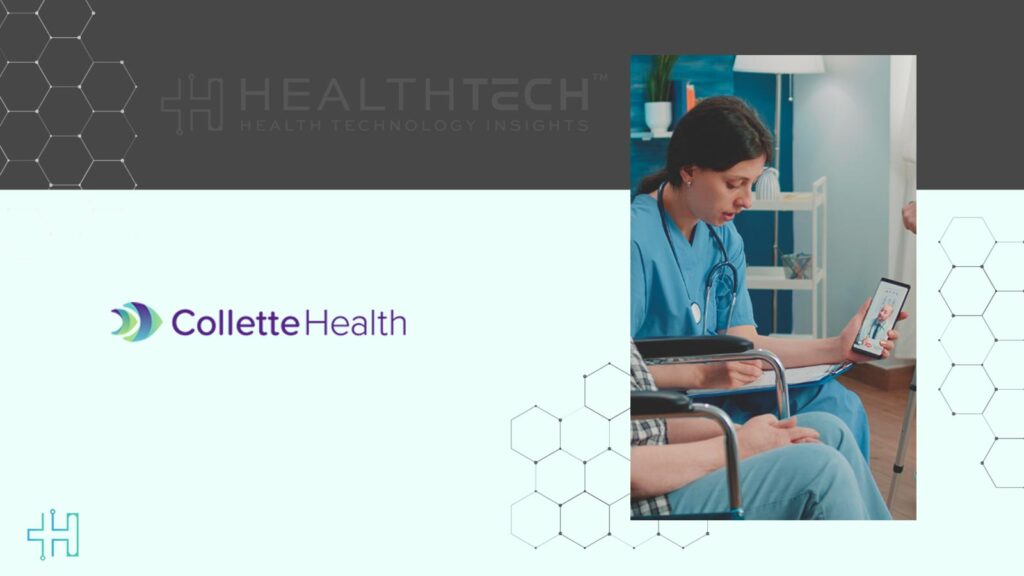Cedar Gate Technologies, a leading value-based care technology and services company, announced new data revealing that the number of women likely to miss their recommended screening mammograms declined by almost 30% over the last three years.
The analysis, derived from Cedar Gate’s National Healthcare Benchmark Database, showed that 41.8% of women analyzed for the 12-month period spanning July 2023 – June 2024 were predicted to miss a mammogram. That compares to almost 60% of women predicted to miss a screening in the period spanning July 2021 – June 2022.
Health Technology Insights: Doctivity Health Launches Doctivity AI for Healthcare Growth
Cedar Gate’s AI predictive model identifies women eligible for mammograms between the ages of 40 and 75, and assigns a probability score indicating the likelihood someone will get screened. Women who fall below a threshold of 0.5 on a scale of 0 to 1 are identified “unlikely” to get a mammogram once every two years, as recommended in the USPSTF guidelines.
“Our predictive AI models are critically important for increasing preventive care, particularly around breast cancer screening,” said David B. Snow, Jr., Chairman & CEO of Cedar Gate. “AI gives healthcare providers information to focus on the women least likely to get a mammogram, closing gaps in care and improving outcomes for those at the highest risk of missing important preventive screenings.”
The positive trend in Cedar Gate’s mammogram predictive model reflects national trends of increases in cancer screenings after a COVID-related decline in 2020 and 2021. Research from the American Cancer Society published in the Journal of American Medical Association estimates that screenings for breast and colorectal cancers in 2024 surpassed pre-pandemic volumes, based on responses to the National Health Interview Survey.
Health Technology Insights: DataJoint Raises $4.9 Million to Transform Data Management in Science
“Seeing an increase in the number of women likely to get their recommended mammograms is positive, but the prediction that over 40% of women could skip their mammogram is still very high,” said Gregory Shelton, MD, FACOG, an OBGYN in Houston, and member of the Global Women’s Health Provider network. “Screening mammograms are the most important tool we have for early breast cancer detection. Cedar Gate’s predictive AI models that identify women who are at the highest risk of missing a mammogram can help us identify potential barriers keeping women from getting screened, and ensure they get the care they need.”
Cedar Gate’s National Healthcare Benchmark Database includes de-identified data from millions of commercially insured members nationwide, offering a secure, high-level view of trends, and an opportunity for clients to benchmark cost and quality performance against regional and national peers. Payers, providers, and self-funded employers using Cedar Gate Analytics have access to more than 20 predictive AI models, including the mammogram predictive model, to identify members in their population with potential care gaps or the highest risks.
According to the Centers for Disease Control and Prevention (CDC), about one in four women ages 50 to 74 have not received a mammogram in the last two years. But that number is higher (35%) for women with three or more health-related social needs, such as limited access to transportation, social isolation, or concerns about the cost of care.
Health Technology Insights: ENHERTU Gets FDA Nod for High-Risk Early HER2+ Breast Cancer
To participate in our interviews, please write to our HealthTech Media Room at sudipto@intentamplify.com
Source – GlobeNewswire


